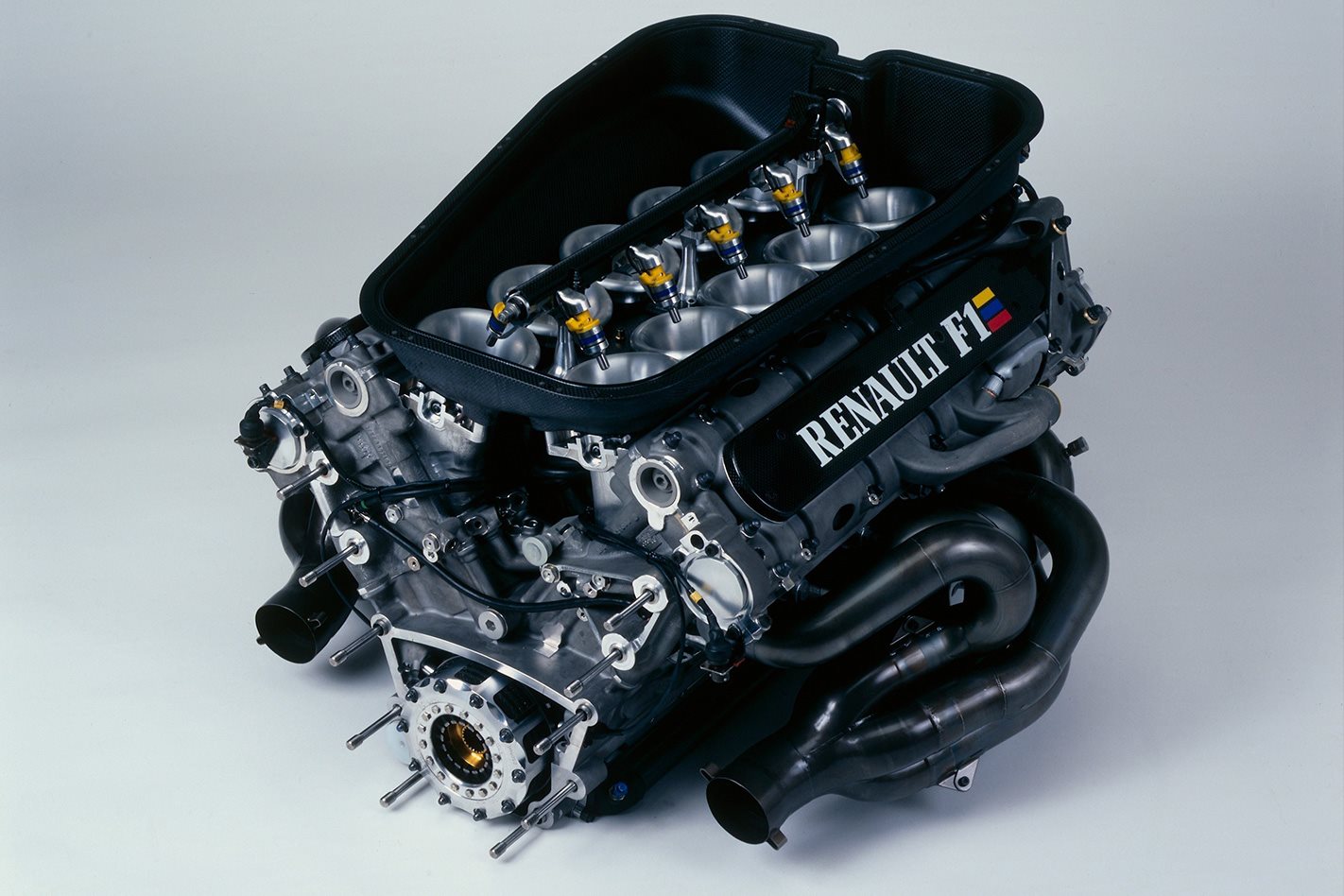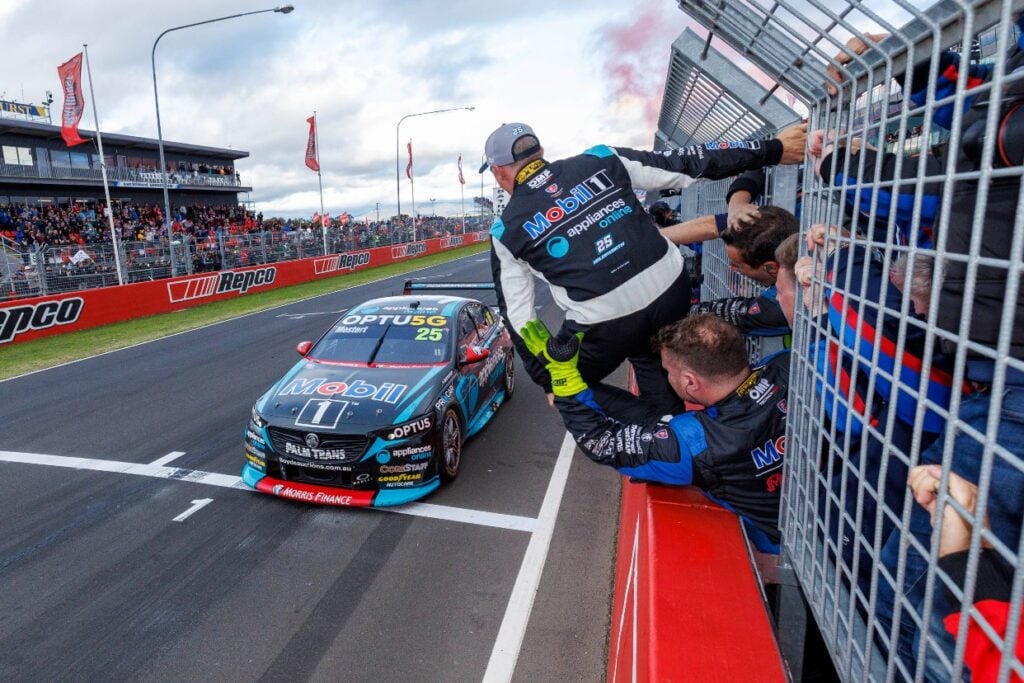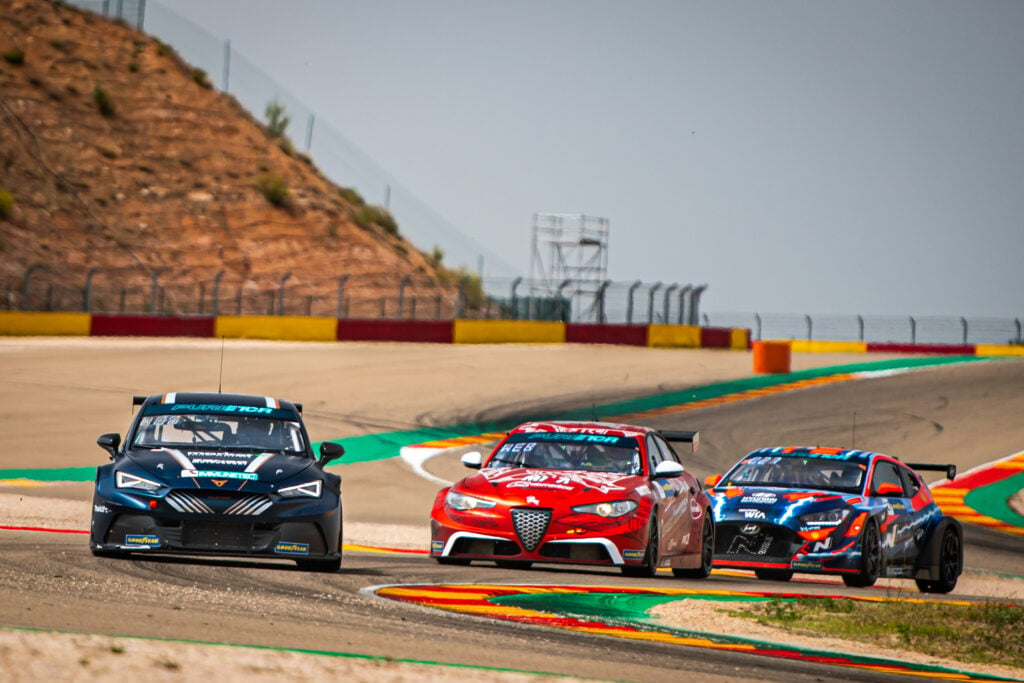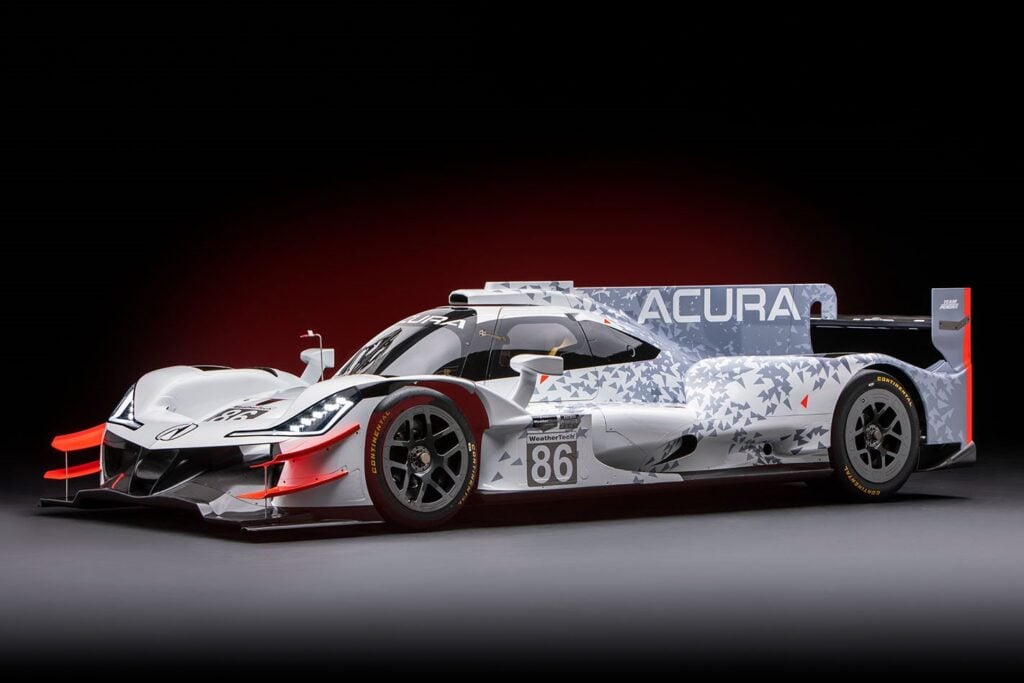WE MAY all have an opinion on which way Formula One should go with its engine regulations.
There can be no doubt whatsoever that F1’s sporting director Ross Brawn is on the receiving end of endless unsolicited opinions from all and sundry in the crazy, ego-propelled world of motorsport.
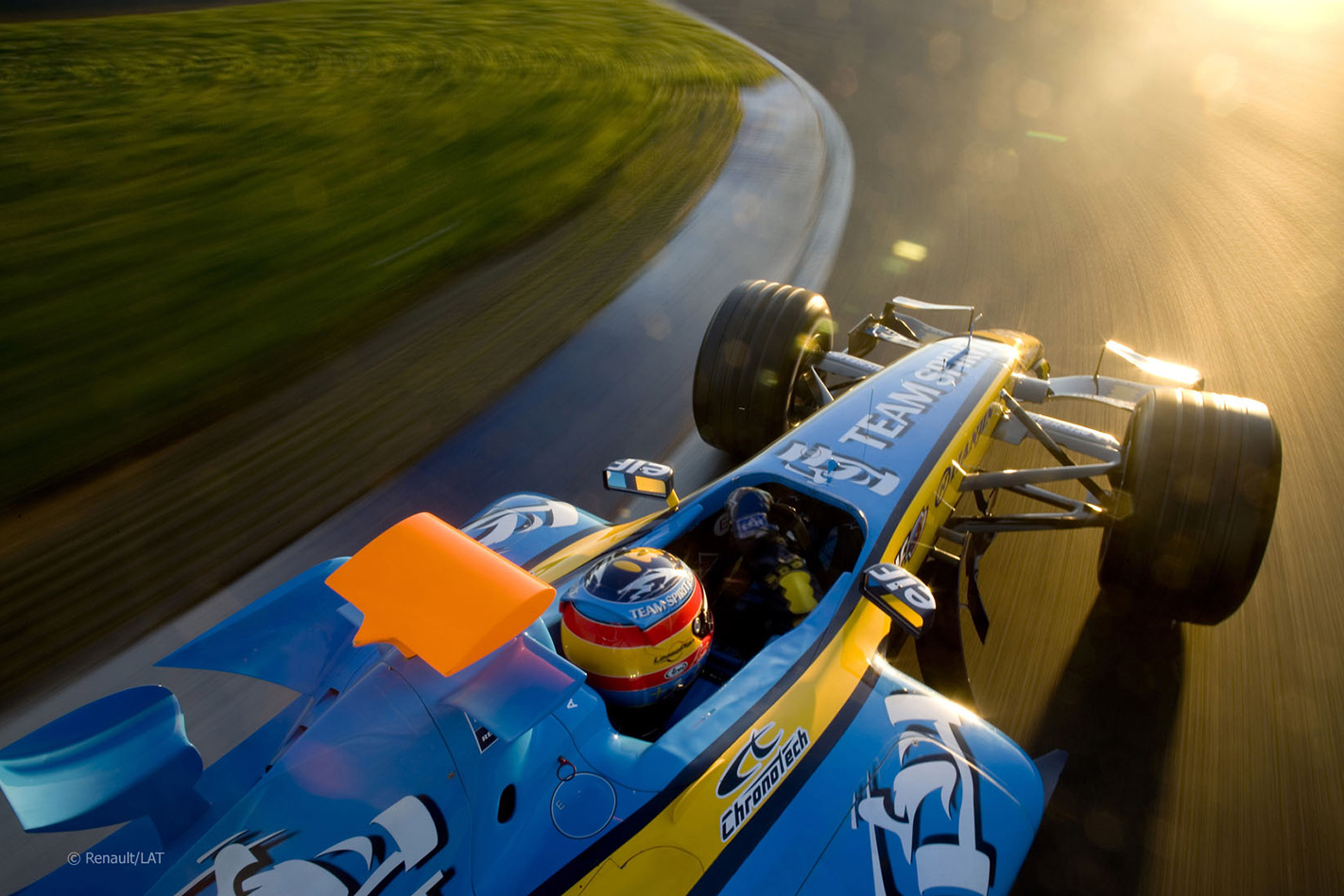
Such is the blinding speed of recant and ongoing change in the automotive business – hybrids, electric cars, the countdown to the death of the internal combustion engine, autonomous vehicles and other stuff we may not know about yet – even car makers admit they don’t quite know where it will all end up.
Red Bull team boss Christian Horner distilled the issue into disarming simplicity when he suggested the sport needed to find the correct balance between road-relevant technology and entertainment. Trouble is, the first part of that task is a moving target.
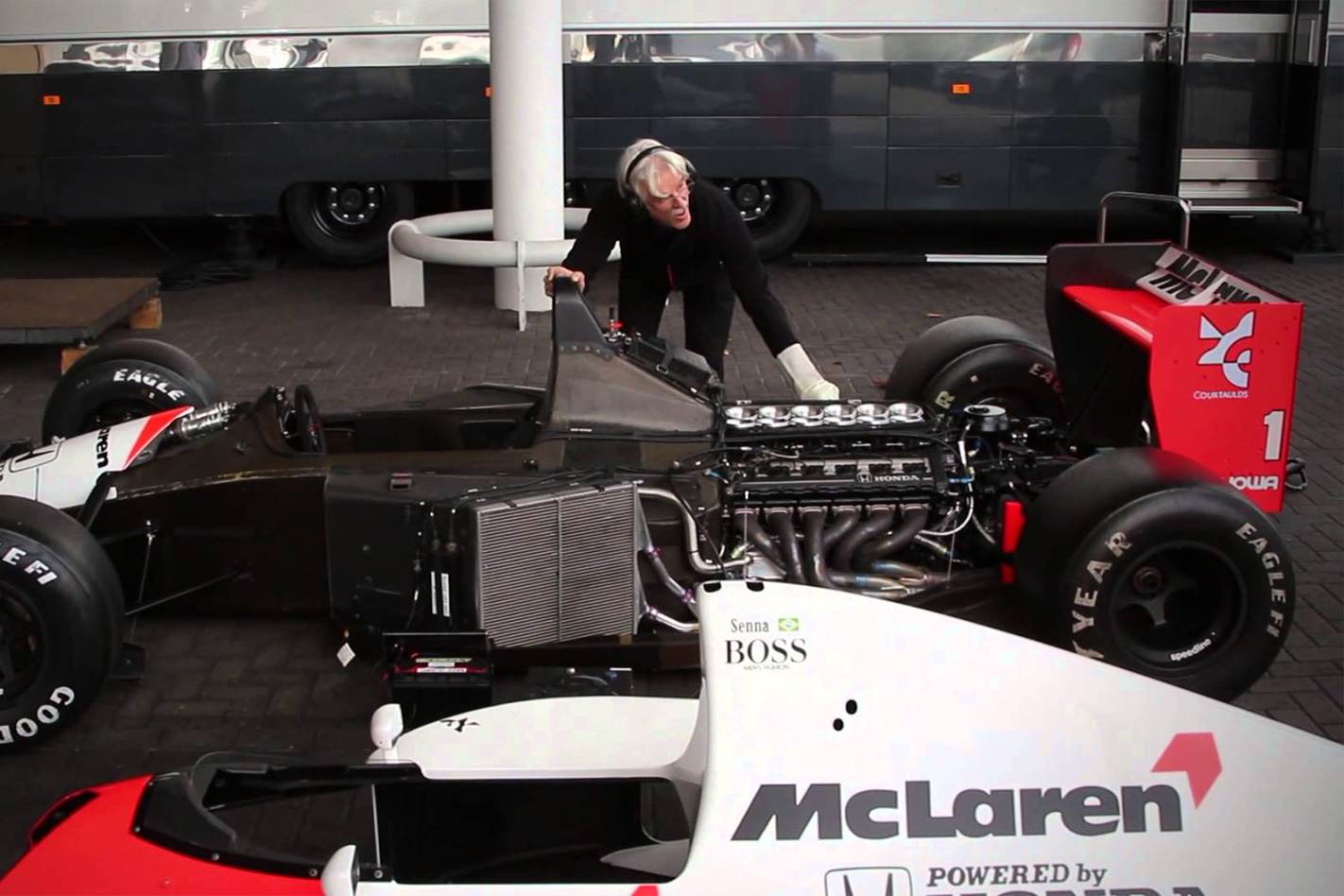
Followers of the sport have vented their opinions long and hard on these regulations.
Brawn is heading up the push to define the new regulations to come into effect in 2021, but Chase Carey, the chief executive officer of F1’s new owner Liberty Media, is also understandably keen to have his say on what he wants to see and hear. Brawn has to keep Carey happy, but Carey needs to keep everyone loving Formula One. Teams, content providers, promoters, governments, and us. The fans.
Carey has praised Mercedes for its excellent job of taking the current regulations to F1 dominance and three championships in the hybrid era.
But he has also declared firmly that the difference in performance across the grid is too great.
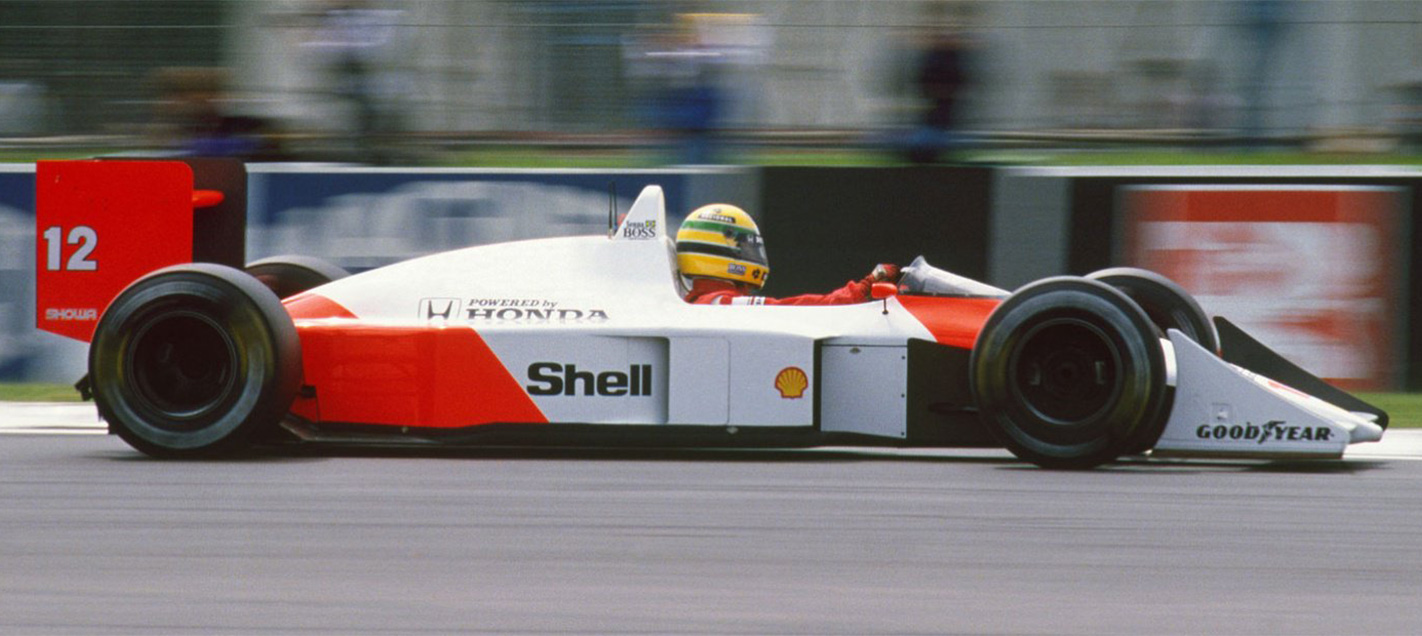
Sounds simple enough. Hey, we all remember the good old days of naturally aspirated V8s and V10s joyously screaming their way to 18,000rpm…
Except that the manufacturers that Brawn and Carey and the new regime want to keep or entice are just not interested in revisiting the past, as glorious as it may have been.
And the Napoleonic head of the FIA, Jean Todt, insists there will be no return to the old atmo eights and 10s. Todt is pushing a green agenda very hard, which is why Formula E is getting lots of help.
Already all-electric Formula E is limiting the choices for F1. It has also pulled some heavy-hitting brands, among them Audi, BMW, Jaguar, Mercedes, Porsche, Renault, DS Auto (part of the PSA Group) and Mahindra, all of which are, or will soon be, part of the E brigade.
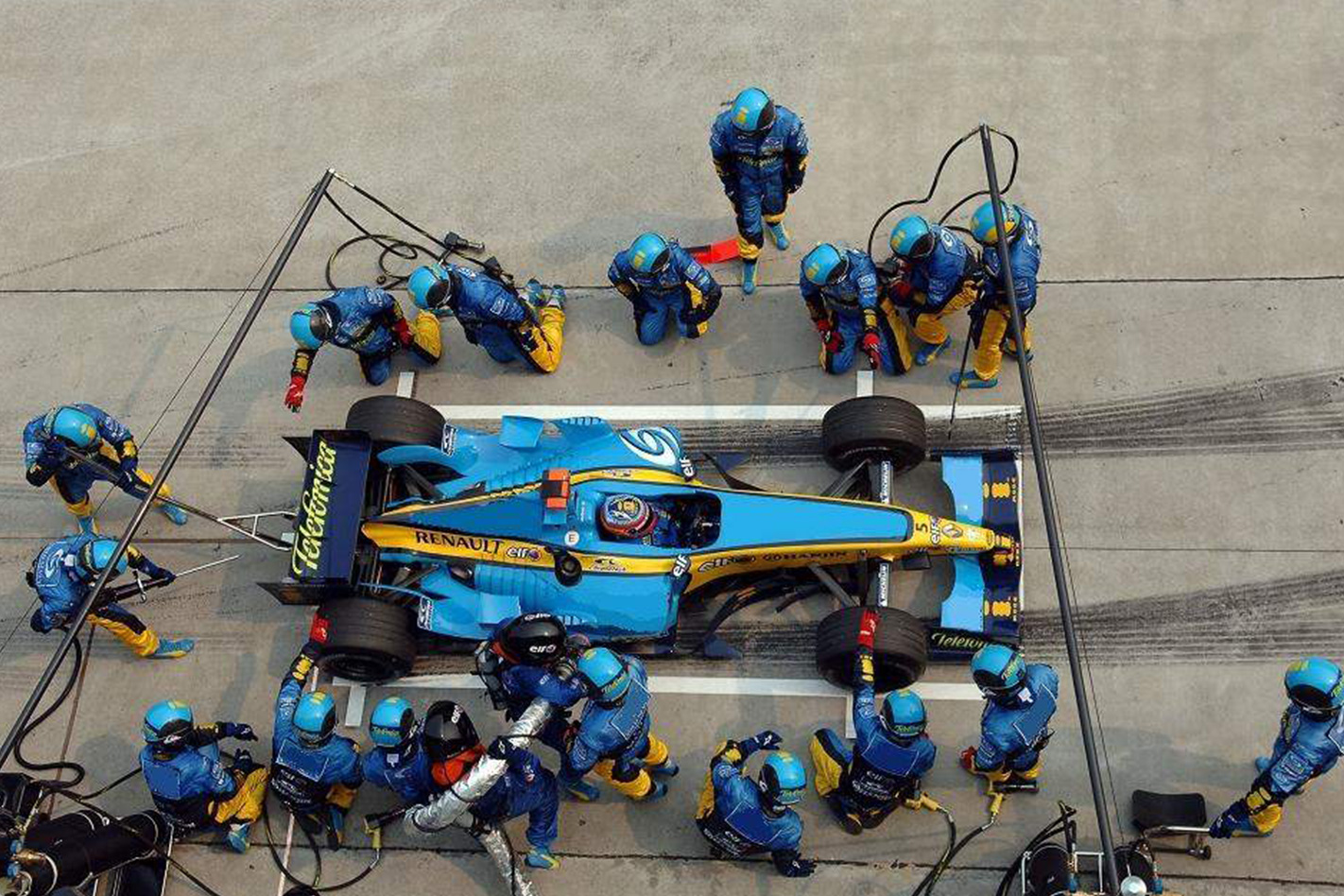
One other desire is to bring back an independent engine supplier, a modern version of Cosworth. Ilmor is interested but not without an automotive partner with a big war chest to develop a powerplant the equal of the big manufacturers.
F1’s other huge task is for cost cuts and a fairer distribution of income across the grid.
“There are teams that spend $US500 million a year right now, while for others it’s $US100 million,” said Carey.
Tellingly he went on to say: “The goal must be that the teams can make money in the sport, but the truth is that at the moment no team is making a profit.”
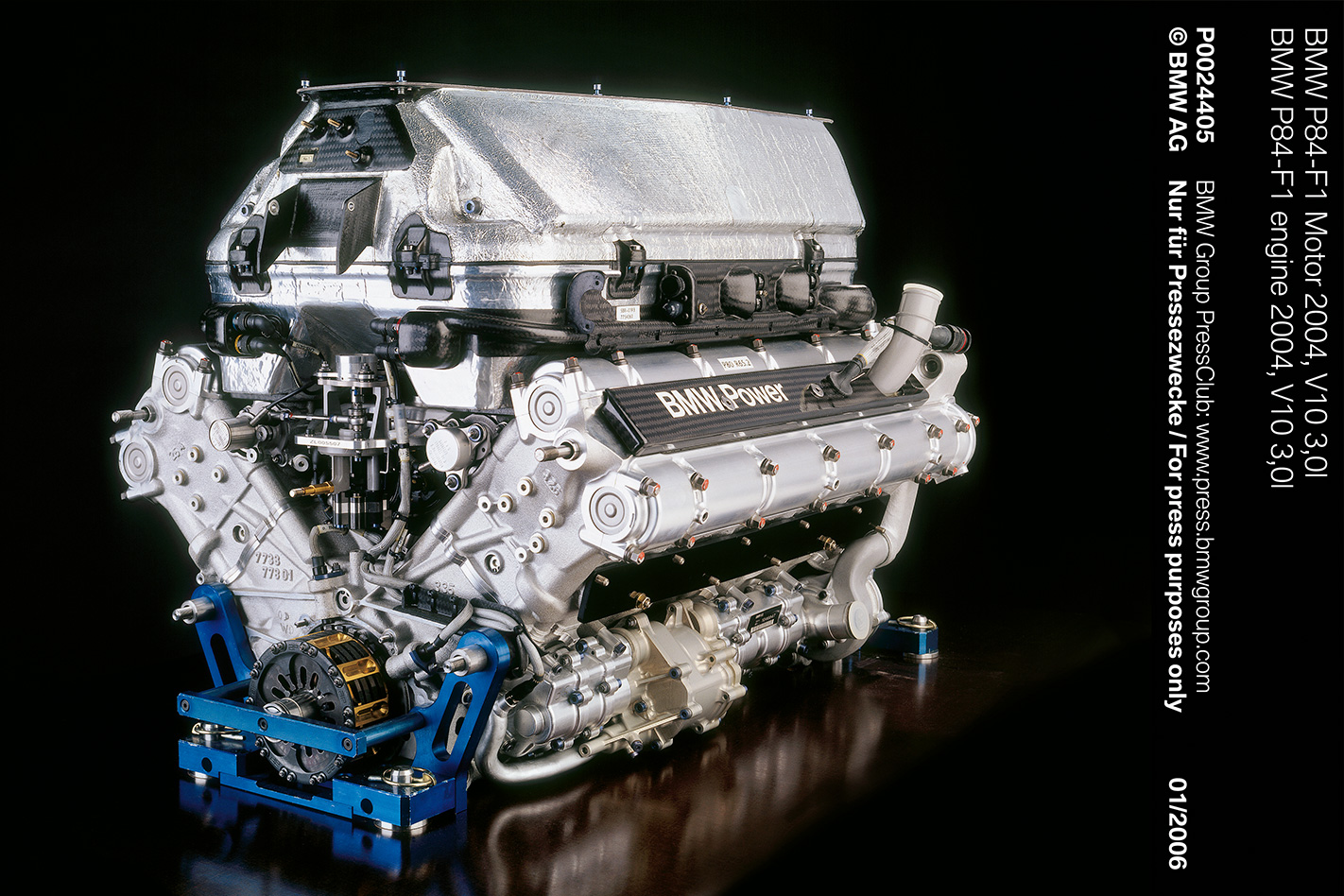
Under Bernie Ecclestone, a form of socialism was never gonna happen.
Carey seems to understand that competition will forever be lopsided in F1 unless the smaller teams are better funded.
He at least understands their economic challenges.
He will go down in history as a Messiah if he can pull off the transformation.

